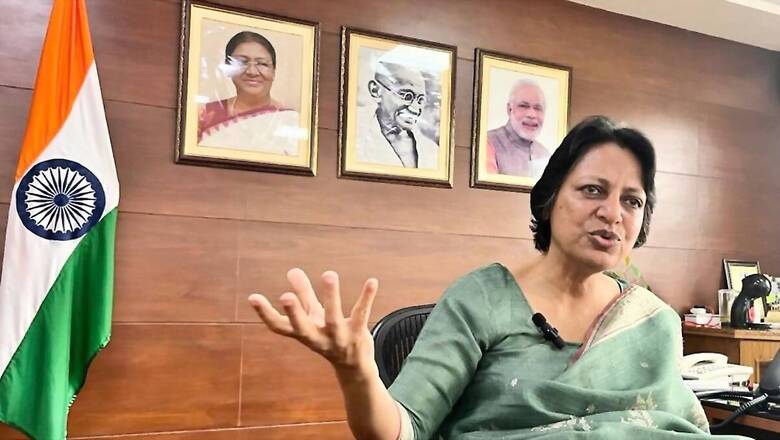
views
The scorching summer not far away and with water woes in sight, the jal shakti ministry has directed four big states to speed up the work of providing potable tap water connections to all rural households. Uttar Pradesh, West Bengal, Jharkhand and Rajasthan are the only states, where less than 40 percent rural households have received tap water supply.
In an exclusive interview to News18, jal shakti secretary Vini Mahajan said the states were asked to complete all pending work related to allotment of tenders and awarding projects by April.
“We have crossed the 59% mark nationally. It is just these four states that are still below 40% coverage. But now they are also rapidly moving ahead,” Mahajan said, detailing the progress made under the central government’s ‘Har Ghar Jal’ scheme, the deadline for which is 2024.
While Uttar Pradesh has connected 34 percent rural households with potable tap water, it is 31.5 percent in West Bengal, 34.5 percent in Rajasthan and 32.7 percent in Jharkhand. The states, however, have made heady progress in the last few months but there are districts where implementation is as low as 10 percent.
“UP has its own set of problems. There is the Bundelkhand region, which had serious water scarcity and we had to bring water from outside. Then there are parts of the Gangetic belt that have contamination in groundwater, which is mostly geogenic. Officials had raised the issue of arsenic, so the quality of the groundwater also needs to be assessed carefully and surface water schemes need to be developed,” she told News18.
There are some districts, where the local administration had to consider surface-water schemes, which not only take a longer time for development but are financially challenging.
“Uttar Pradesh took efforts to award these schemes at a very advanced stage. Hopefully, in the next two to three months before the rains start, these massive schemes will be completed and water will start flowing from taps. Single-village schemes will take six to nine months to complete. UP will show rapid progress in 2023,” she said.
With community participation as a key element of the centrally sponsored scheme, the ministry has also been nudging states to involve gram panchayats in implementation work. Directions have now been given to include at least two members from gram panchayats, including a woman representative from the village, to monitor the work.
Responding to concerns over a shortage of funds, Mahajan said, “As of now, there is no fund crunch at the central level. We have been nudging states to get the money and make payments for work on time. The states have put in their resources as well. The issue of funding is mostly around community participation. Villages have to contribute at least 10 percent, which is 5 percent for villages dominated by SC/STs.”
As on March 22, a total of 11.51 crore households (59.2 percent) have been connected with potable tap water across India; the target is to reach 100 percent by the end of 2024.
Only Goa, Andaman and Nicobar Islands, Puducherry, Dadra and Nagar Haveli, Daman and Diu and Haryana have been certified as 100 percent complete. While Telangana and Gujarat are currently under the process.
“We are trying to ensure that there is adequate technical oversight and third-party inspections wherever the work is complete. We have engaged 100 experts from Dr Syama Prasad Mookerjee National Institute of Water and Sanitation to do ground surveys and check implementation of the scheme. But, ultimately, it is the state’s responsibility,” Mahajan said.
According to the ministry, nearly 82.8 million rural homes have been provided with potable tap water since the launch of the mission in 2019. A total of 13 big states including Uttar Pradesh, West Bengal, Karnataka, Rajasthan, and Tamil Nadu currently account for 95 per cent of the residual work under Har Ghar Jal.
Read all the Latest India News here










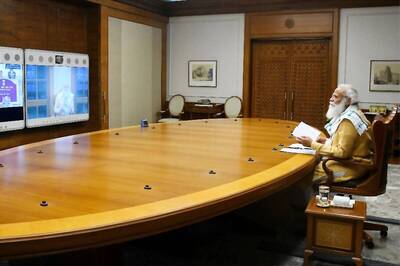
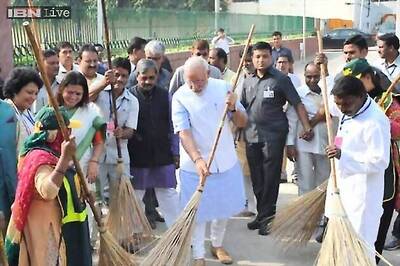


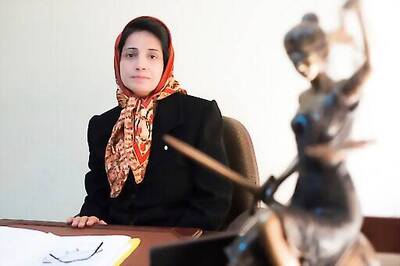
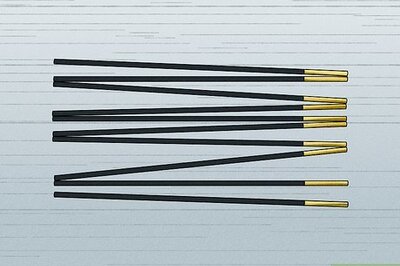

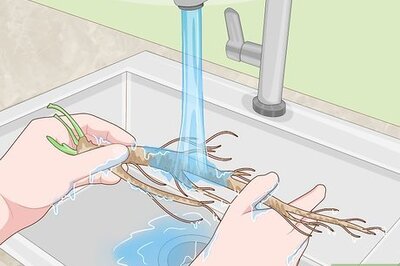

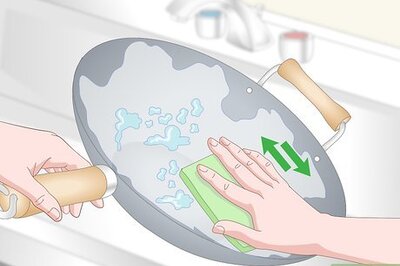
Comments
0 comment